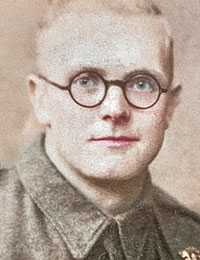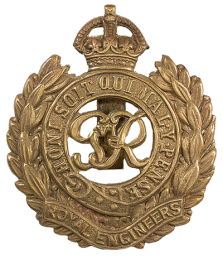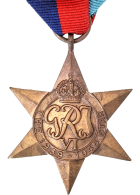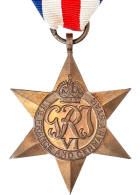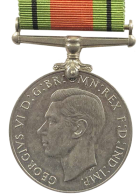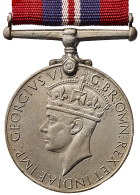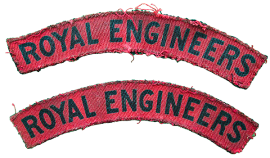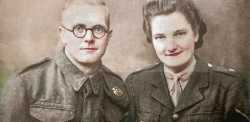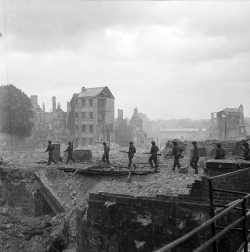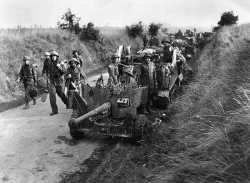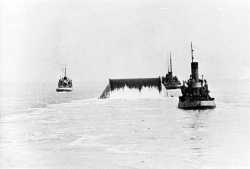Walter Heginbotham was born on May 18, 1920 and enlisted on August 2, 1940 in the Army as a Sapper in the Royal Engineers. He was sent to Ripon for training.
Malta
In March 1941 he was sent to Gibraltar, he did a lot of work on the tunnels and building defences. Once when using explosives for digging out tunnels with some Canadian Royal Engineers in St Michaels caves, they rediscovered the lower caves which are now part of the tourist tours there.
Marriage
My Mam's story is she was born 6th August 1921 (we are all born and lived in Stockport). She joined up on 29th May 1942. She was based in Shrewsbury in the ATS, where she got promotion to Corporal. I am still trying to get more information on this as I only have their basic service records with no details.
In November 1943 he was brought home to my mother. They married on 16th November 1943 with (special permission off the Bishop of Chester to get married without having to wait) and she was discharged from Service on 2nd May 1944 as she was pregnant with my older Brother. After some leave, he went down south with thousands of others to prepare for the Normandy landings.
Normandy
Amongst other jobs he did I remember him saying they had to look after PLUTO, pipeline under the ocean, he said it leaked a lot and had a strong smell, they also had to try to repair water Wells and other things the Nazis had destroyed. Whilst in Normandy he was in the Battle of Caen, he said the whole city was in ruins and it was very sad to see.
Brussels
Eventually he ended up in Brussels where his unit was amongst the first to enter after liberation, he was billeted with a family whilst there. The Father was a fireman, and they became good friends, Dad tried to help them out with basics like soap, etc where he could.
Returning home
He was eventually demobbed in Dusseldorf and came home.
Story by Beryl Smith
